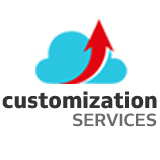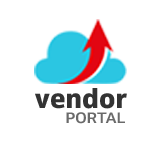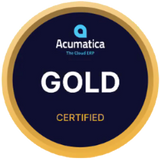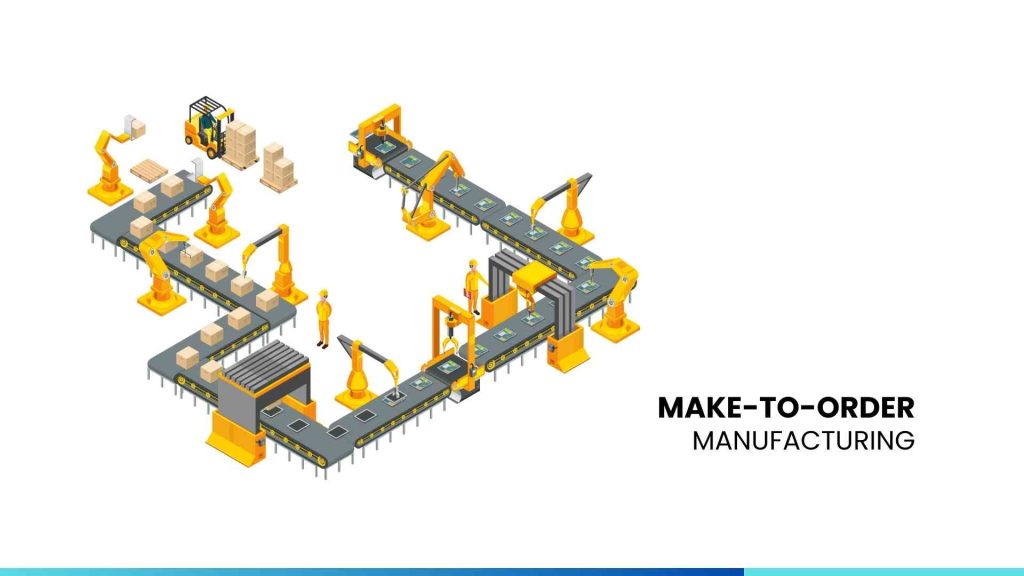In today’s dynamic and highly competitive business landscape, manufacturers face the challenge of meeting diverse customer demands while striving for efficiency and cost-effectiveness. Make-to-order (MTO) manufacturing has emerged as a strategic approach that allows companies to strike a balance between customization and production efficiency. In this article, we’ll delve into the world of make-to-order manufacturing, exploring its principles, benefits, and essential considerations.
What is Make-to-Order Manufacturing?
Make-to-order (MTO) manufacturing is a production strategy where products are manufactured only after receiving customer orders. This approach is in contrast to traditional make-to-stock (MTS) manufacturing, where products are produced in anticipation of future demand. In the MTO model, production is initiated once an order is placed, and the product is tailored to fulfill the customer’s distinctive needs.
Key Principles of Make-to-Order Manufacturing
Customer-Centricity: MTO manufacturing revolves around the customer’s unique needs. Manufacturers can provide highly personalized products by producing what customers have ordered, fostering customer satisfaction and loyalty.
Reduced Inventory: One of the primary advantages of MTO is the minimization of finished goods inventory. Since products are only produced once an order is received, companies can reduce storage costs and the risk of unsold inventory.
Flexibility and Customization: MTO allows for a high degree of product customization. Manufacturers can accommodate various customer preferences, offering different sizes, colors, features, and configurations.
Demand Responsiveness: MTO is particularly effective for products with fluctuating demand or seasonal variations. Manufacturers can quickly adjust production levels in response to changes in customer orders.
Benefits of Make-to-Order Manufacturing
Lower Inventory Costs: MTO eliminates the need for extensive finished goods inventory, reducing storage costs and the risk of obsolete products.
Improved Cash Flow: Companies can conserve capital by not tying it up in unsold inventory. Instead, they use resources as needed to fulfill customer orders.
Reduced Waste: MTO minimizes overproduction, leading to less waste and a more sustainable production process.
Enhanced Customer Satisfaction: Customers appreciate products tailored to their accurate specifications, resulting in higher satisfaction and repeat business.
Market Responsiveness: MTO allows companies to respond quickly to changing market trends and customer demands, staying competitive in rapidly evolving industries.
Challenges and Considerations
While MTO manufacturing offers numerous advantages, it also presents particular challenges that manufacturers must address:
Lead Time: Since production begins after an order is received, lead times can be longer than in make-to-stock models. Companies must manage customer expectations regarding delivery times.
Production Efficiency: Manufacturers need efficient processes to minimize the time and cost associated with producing unique, one-off products.
Supply Chain Complexity: Coordinating with suppliers to procure materials and components in line with customer orders can be complex, especially for high customization levels.
Cost Control: Controlling production costs can be challenging, as MTO manufacturing may involve more labor and setup costs compared to mass production.
Make-to-order manufacturing is a customer-centric production strategy that allows companies to thrive in today’s competitive marketplace by offering customized products while maintaining production efficiency. By minimizing inventory costs, enhancing customer satisfaction, and responding rapidly to changing market demands, MTO manufacturing empowers companies to stay agile and competitive.
While it presents specific challenges, careful planning, efficient processes, and supply chain management can help companies harness the full potential of this manufacturing approach, delivering value to both customers and the business itself.
How Acumatica Can Enhance?
Acumatica Cloud ERP is a powerful tool to enhance make-to-order manufacturing by streamlining operations, improving visibility, and enabling companies to effectively meet the demands of a dynamic market.
With real-time inventory tracking, demand forecasting, and order management, Acumatica empowers manufacturers to efficiently customize products to customer specifications, minimize lead times, reduce inventory costs, and ultimately deliver a superior customer experience.
By embracing Acumatica ERP, make-to-order manufacturers can navigate the complexities of customization while maintaining cost-effectiveness and staying competitive in an ever-evolving industry. I trust that this article will prove to be highly beneficial for you. Feel free to reach out to us for a tailored ERP solution.

Vijay comes with a vast experience in ERP and enterprise solutions space with about 20 years of experience in various packaged application like Acumatica, SAP, Orion, Salesforce.com, SugarCRM and, SalesLogix.
















